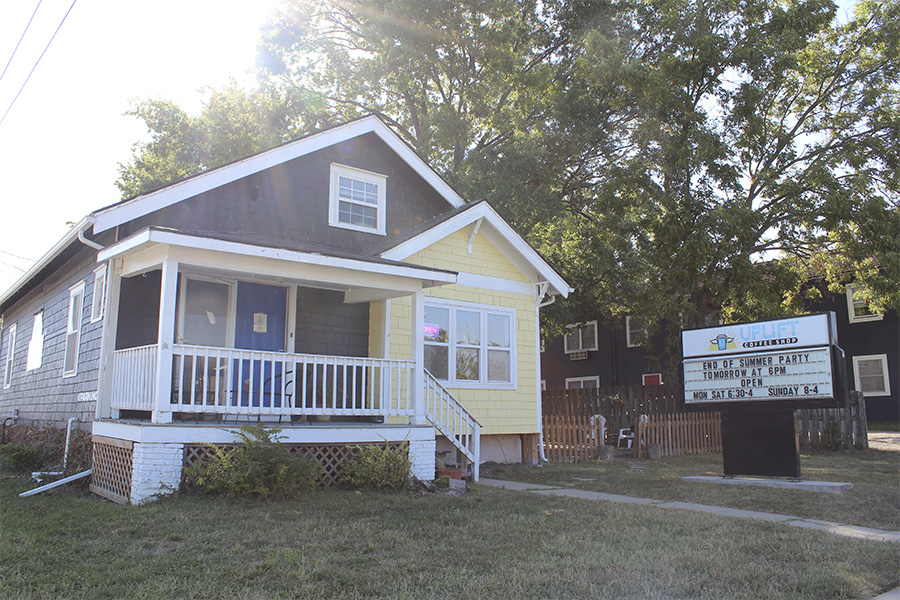Baker administrators are toying with the idea of integrating study abroad into the general education program.
The infusion could make international study mandatory for some majors. Nothing has been decided yet. However, compulsory study abroad might be unfair.
Spending time in another country is an intellectually valuable pursuit, but categorizing international study as a requisite for a degree is a bad idea.
On its face, the idea seems like a way to give students a culturally enriching experience, one not attainable in the states. Closer examination shows that mandatory study abroad, and the hefty pricetag associated with it, could greatly restrict Baker’s reach. And by doing that, the program could defeat its cause.
In 1858, members of the Methodist Episcopal Church founded Baker in order to provide an education and sanctuary to everyone – even those with little money. For the most part, Baker still achieves this mission via scholarships, work-study and financial aid packages. But the group that will obviously not profit by an enforced study abroad program is the lower income students Baker has pledged to serve.
A semester of studying abroad costs anywhere from $8,000 to $20,000, plus expenses. And the simple cost of flights, room and board and daily living expenses could yank education away from the less affluent.
One popular place to study abroad is Europe. Right now the euro has a 30-cent edge on the U.S. dollar. So students also would have to bear the burden of the sinking value of U.S. currency.
With the economy tanking, the American dream is becoming more and more elusive. Lots of people are forgoing college altogether because they’re unable to foot the already bulky bill. Hiking up the cost of education with unnecessary expenditures would further thrust it out of reach.
Baker should continue to promote its study abroad program allowing interested students who can afford it to participate.
If Baker does make study abroad mandatory, it should offer an efficient alternative. Replicating the study abroad experience would be virtually impossible, but a substitute must be offered – otherwise Baker would drift too far from its original mission.






